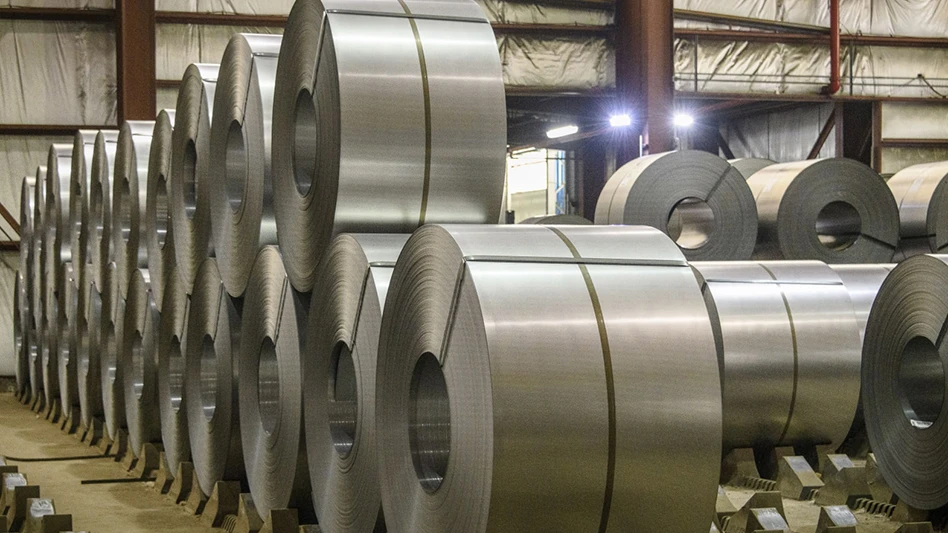In mid-June, the U.S. District Court in Syracuse, N.Y., struck down the flow control law in Oswego County, N.Y., saying it was unconstitutionally vague. The flow control provisions of the law, which were enacted in July 1, 2009, directed all solid waste and residential recyclables to county facilities.
According to the update by Oswego County Chairman Barry Leeman dated Oct. 21, 2008, and posted to the Oswego County website at www.oswegocounty.com, “These two key changes will help to create a self-supporting solid waste system that doesn’t just rely on property owners to pay for operational costs.”
He continues, “Flow control will protect our taxpayers’ investment in our solid waste system and make sure it is paid for by user fees, not [by] property taxes.”
JWJ Industries Inc., a C&D debris transfer station, and Jeffrey Holbrook, the company’s owner, filed suit against Oswego County June 26, 2009, challenging the flow control law and seeking a temporary restraining order and a preliminary injunction. The court originally granted the request for a temporary restraining order staying enforcement of the flow control provisions, but it later vacated that order in addition to denying the application for a preliminary injunction.
However, in mid-June of this year, the Syracuse U.S. District Court found that “Scrutiny of the letters and directives from the county and its director of solid waste reveals that not only does the flow control law in question authorize and encourage arbitrary and discriminatory enforcement, such arbitrary enforcement is manifest here.”
Additionally, the court found that the flow control law was unconstitutional as applied to JWJ and likely to any other entity that would own and operate a waste management facility in the county.
The decision may be seen as encouraging news to C&A Carbone Inc., which has been battling against a similar Rockland County, N.Y, ordinance for more than three years.
The Rockland flow control ordinance was adopted in May of 2008. According to the county, its intent is to “allow for more effective and environmentally responsible waste planning and management and more effective implementation of the county’s integrated solid waste management plan” by promoting county-wide collection and disposition of municipal solid waste.
Given the data that is available on the economic impact of recycling, it seems county and municipal governments would do better to welcome recyclers within their borders than to restrict the flow of material. As the feature, “Great Potential,” on p. 72 illustrates, recyclers and consumers of recycled materials offer proven and tangible economic benefits to their host communities in the form of jobs and tax revenue.

Explore the July 2011 Issue
Check out more from this issue and find your next story to read.
Latest from Recycling Today
- P+PB adds new board members
- BlueScope, BHP & Rio Tinto select site for electric smelting furnace pilot plant
- Magnomer joins Canada Plastics Pact
- Out of touch with reality
- Electra names new CFO
- WM of Pennsylvania awarded RNG vehicle funding
- Nucor receives West Virginia funding assist
- Ferrous market ends 2024 in familiar rut





